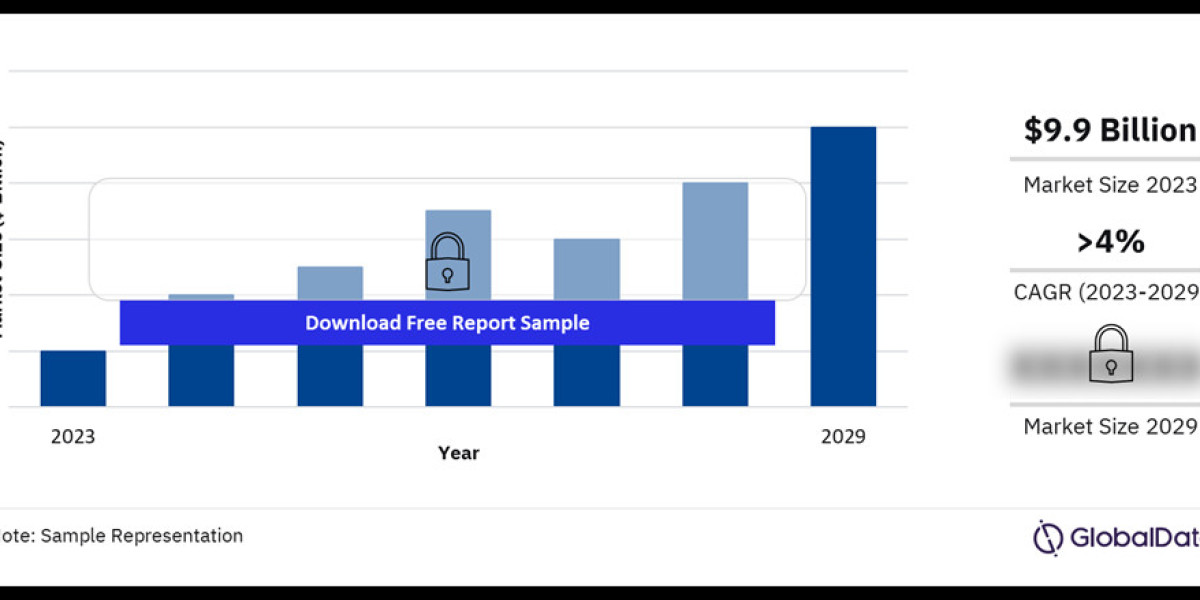Introduction
In the intricate symphony of a car's engine, every component plays a crucial role. While the engine itself might be the star, there's a silent guardian ensuring the smooth flow of lifeblood – the fuel filter. Often overlooked, this unassuming component is vital for maintaining optimal engine performance and longevity.
Understanding the Fuel Filter
At its core, a fuel filter is a simple yet ingenious device designed to remove impurities from the fuel before it reaches the engine. These impurities can range from microscopic dirt particles and rust to water and even bacteria, all of which can wreak havoc on the delicate fuel system.
Types of Fuel Filters
Car Fuel Filters come in various shapes and sizes, depending on the type of vehicle and fuel system. Common types include:
- In-line Filters: These are the most common type, typically found in a metal canister with a replaceable filter element. They are usually located near the fuel pump or engine.
- Spin-on Filters: These filters screw onto the fuel line, making them easy to replace. They are often found in diesel engines.
- Fuel Tank Filters: Integrated into the fuel tank itself, these filters capture larger debris before it enters the fuel pump.
Why Fuel Filters Matter
The importance of a clean fuel filter cannot be overstated. Here's why:
- Protecting the Fuel System: Impurities in the fuel can clog fuel injectors, damage the fuel pump, and even cause engine damage. A clean filter prevents these issues, ensuring the smooth and efficient operation of the entire fuel system.
- Optimizing Engine Performance: Clean fuel burns more efficiently, leading to improved fuel economy, increased power, and smoother engine operation.
- Preventing Engine Damage: Water in the fuel can lead to corrosion and damage to engine components. Fuel filters with water separators help prevent this by trapping water before it reaches the engine.
- Extending Engine Life: By protecting the fuel system and preventing premature wear and tear, a clean fuel filter can significantly extend the life of your engine.
Signs of a Clogged Fuel Filter
While a clogged fuel filter might not always exhibit obvious symptoms, here are some common signs to watch out for:
- Engine Hesitation and Stalling: If the engine struggles to start or sputters and stalls, especially during acceleration, it could be a sign of a clogged fuel filter.
- Decreased Fuel Economy: A clogged filter can restrict fuel flow, leading to decreased fuel efficiency.
- Difficulty Starting: If your car takes longer than usual to start, it could be a symptom of a clogged filter.
- Engine Misfiring: If the engine misfires or runs rough, it could be a sign that the fuel injectors are not receiving enough fuel due to a clogged filter.
- Check Engine Light: In some cases, a clogged fuel filter can trigger the check engine light.
Maintaining Your Fuel Filter
To ensure optimal engine performance and longevity, it's crucial to maintain your fuel filter. Here are some tips:
- Regular Replacement: The recommended replacement interval for fuel filters varies depending on the vehicle and driving conditions. Consult your owner's manual for specific recommendations. As a general rule, it's a good idea to replace the filter every 15,000 to 30,000 miles.
- Inspect Regularly: If you're comfortable doing so, you can visually inspect the filter for signs of dirt or debris.
- Use Quality Fuel: Using high-quality fuel from reputable sources can help minimize the amount of impurities that reach your fuel filter.
- Avoid Low Fuel Levels: Running your car on low fuel can increase the risk of drawing dirt and debris from the bottom of the fuel tank into the filter.
Conclusion
The fuel filter might be a small component, but it plays a vital role in the overall health and performance of your car's engine. By understanding its function, recognizing the signs of a clogged filter, and adhering to recommended maintenance practices, you can ensure that your engine continues to run smoothly and efficiently for years to come. Also read it
Additional Tips
- Professional Replacement: If you're not comfortable replacing the fuel filter yourself, it's best to have a qualified mechanic do it.
- Consider Your Driving Habits: If you frequently drive in dusty or off-road conditions, you may need to replace your fuel filter more often.
- Use the Right Filter: Always use a fuel filter that is specifically designed for your vehicle. Using the wrong filter can damage your fuel system.
By following these tips and paying attention to your car's needs, you can keep your fuel filter in top condition and ensure that your engine runs at its best.









